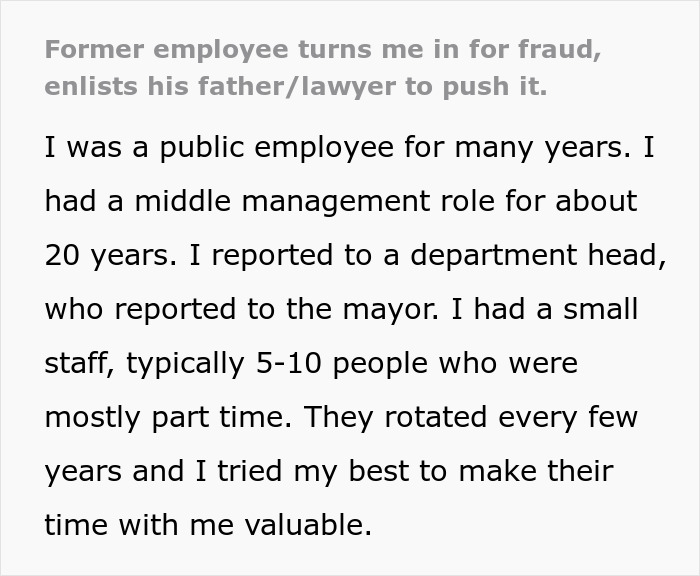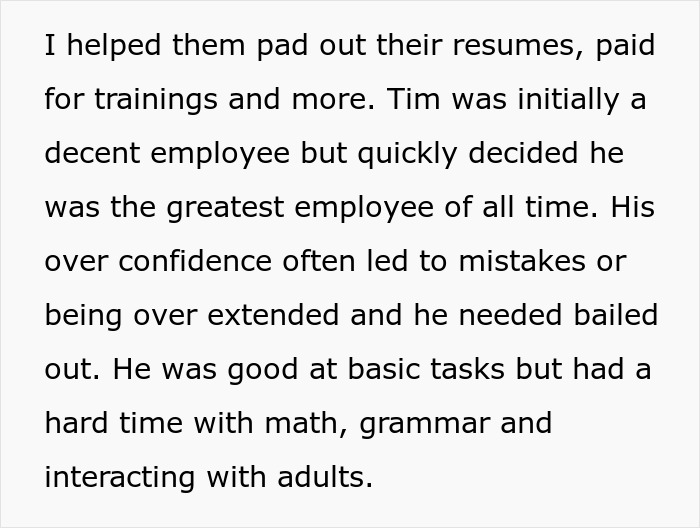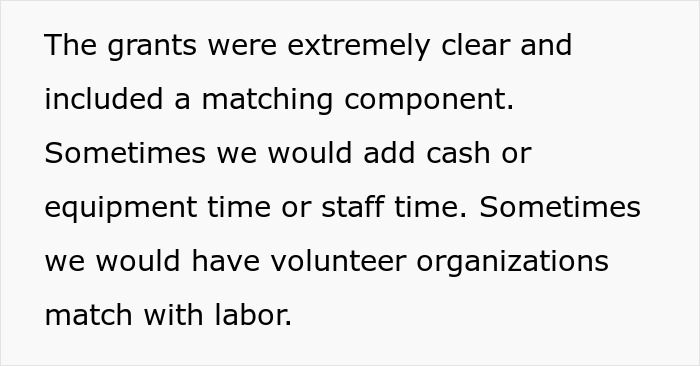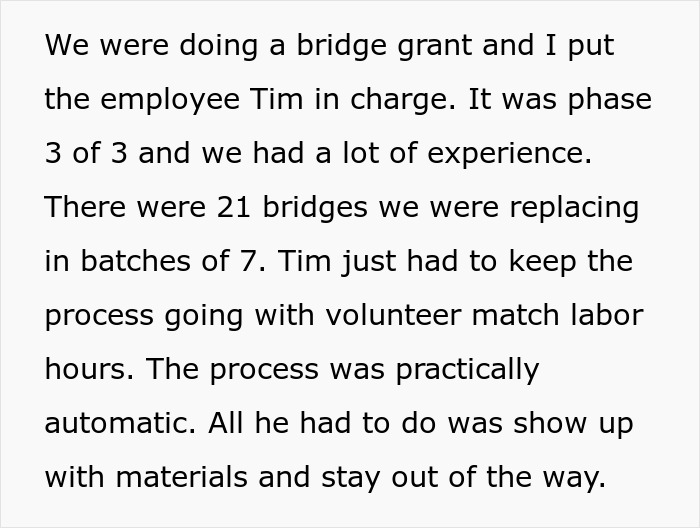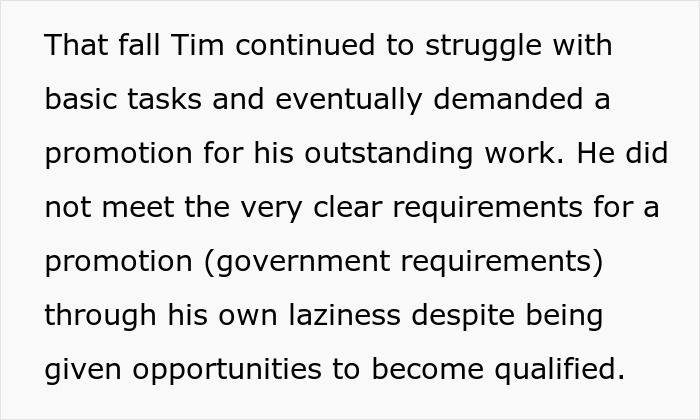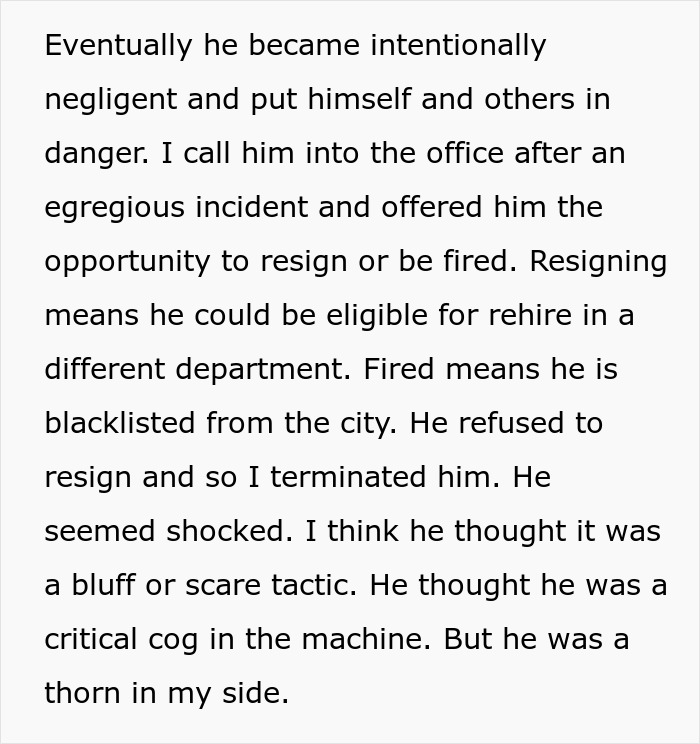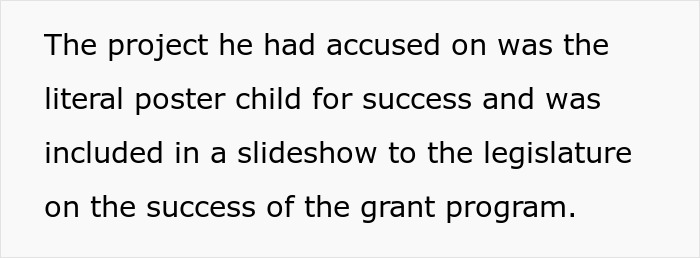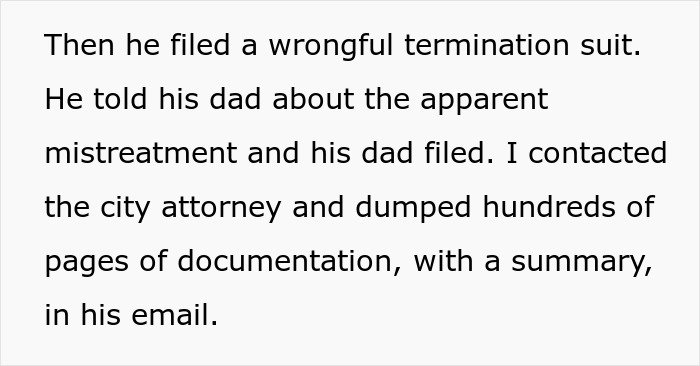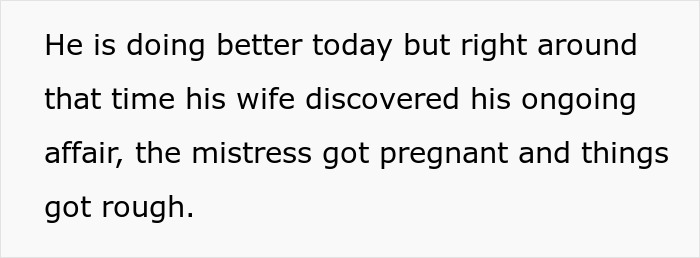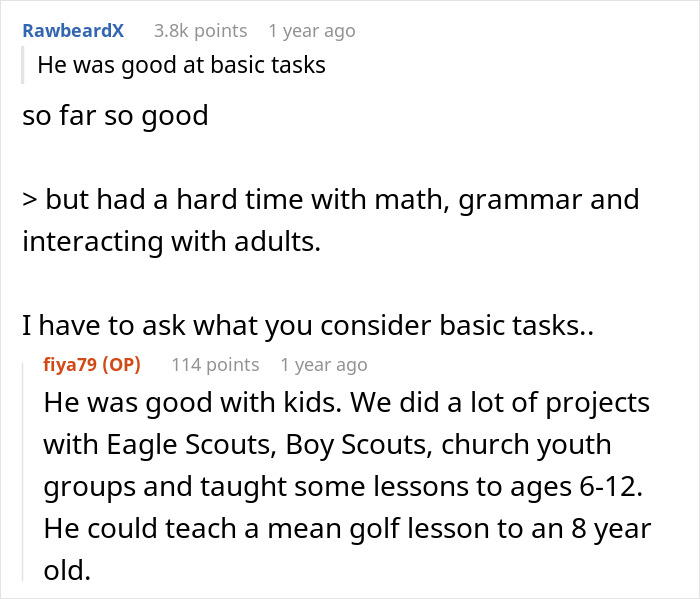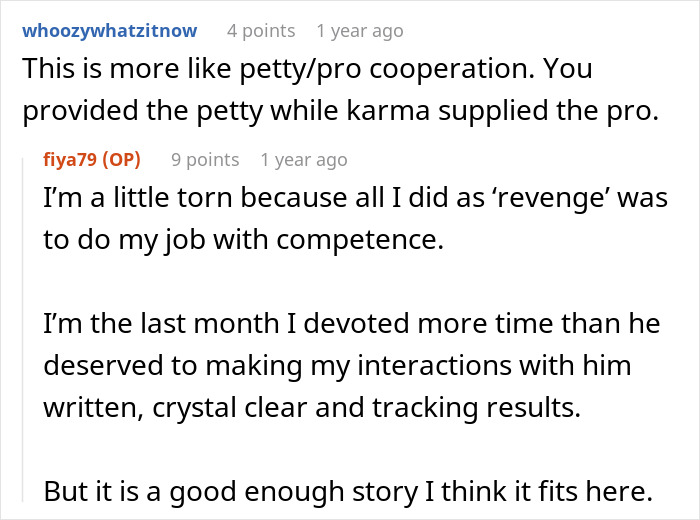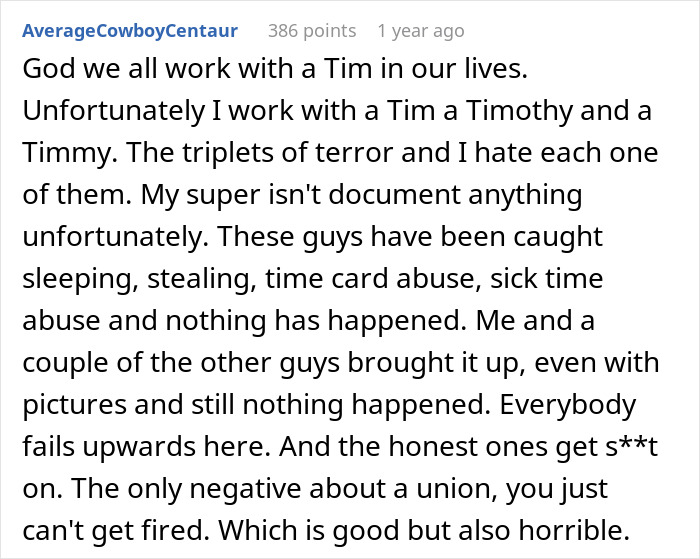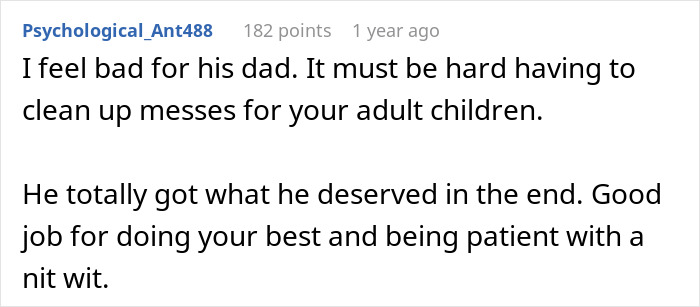This redditor’s former employee believed he was “a critical cog in the machine”, when in reality he was “good at basic tasks” at best. That’s why he was eventually let go, which resulted in him enlisting his lawyer dad to seek revenge.
Dealing with entitled employees can be a major headache
Share icon Image credits: drazenphoto / envato (not the actual photo)
After being let go, this employee turned his boss in for fraud
Share icon Image credits: Andrea Piacquadio / pexels (not the actual photo)
Share icon Image credits: Pixabay / pexels (not the actual photo)
Image credits: fiya79
Quite a few young adults have reportedly gotten their jobs through nepotism
Share icon Image credits: Any Lane / pexels (not the actual photo) There might be many reasons why the OP’s former employee believed he was a crucial person in the company. Some might be related to his personality, others – to his previous work experience—or lack thereof—but it’s arguably safe to assume that nepotism might have played a role here, too. Having a parent that can get you into places or provide you with opportunities you might not have otherwise—or get you out of trouble, such as assault charges or DUIs, just to name a couple—might make you feel somewhat invincible. That’s why such situations as being let go because of poor performance can come as a complete shock or feel unfair at best. Studies suggest that nowadays, it’s Gen Z that comprises the largest share of the so-called nepo babies—children of at least somewhat powerful or influential parents, who can help them reach certain goals or positions in life. Out of 2,000 workers surveyed for the study, 42% have admitted getting a job—or a job offer, at least—through nepotism; out of them, close to seven-in-ten were representatives of Gen Z. Out of said Gen Z workers who entered the workforce with the help of nepotism, roughly a quarter were unemployed beforehand and nearly half of them entered an entry or a junior role.
Work ethic tends to differ based on an employee’s age
Share icon Image credits: Jopwell / pexels (not the actual photo) Coincidentally or not, Gen Z is also the generation that seems to care about work ethic less than their older counterparts. A survey in Australia found that those born between 1997 and 2012, who have already started working, have embraced a more relaxed perspective towards work; for instance, they are reportedly more likely to take an hour off “here and there” when working from home compared to those older than them. It’s unclear if the OP’s former employee is a representative of the Gen Z or the millennial generation—in the comments the redditor revealed that the young man was in his “upper 20s”—but he didn’t seem to display a great work ethic. His former boss revealed that he wasn’t given a promotion because of his own laziness; however, the employee felt like he deserved one. Some millennials are at least somewhat more self-aware, though – according to Forbes, the majority of millennials know they will have to change to better fit the workplace. Be that as it may, Forbes also pointed out that while close to nine-in-ten of representatives of said generation believe themselves to have a strong work ethic, only 74% of non-millennials would say that their work ethic is as good as that of their older counterparts. It’s unclear if the former employee’s unsuccessful try to turn his superior in for fraud has taught him anything or encouraged him to re-evaluate his work ethic. But chances are, he, like most millennials, might have to change to better fit the workplace, too; especially now that his dad has seemingly withdrawn the financial support that had allowed him to live on part-time work.
Fellow netizens shared their thoughts in the comments, the OP replied to some of them
Anyone can write on Bored Panda. Start writing! Follow Bored Panda on Google News! Follow us on Flipboard.com/@boredpanda!

